1. Slaughterhouse Five–Read and annotate Chapters 6 and 7.
2. Class Forum–Two Posts:
- Post your introduction
- Slaughterhouse Five Post
3. Vocab Quiz tomorrow!
4. Personal Vocab collection tomorrow.
English with Mr. Leon
1. Slaughterhouse Five–Read and annotate Chapters 6 and 7.
2. Class Forum–Two Posts:
3. Vocab Quiz tomorrow!
4. Personal Vocab collection tomorrow.
1. Slaughterhouse Five–Read and annotate Chapter 5. Heads up: This is a long chapter (nearly 50 pages). Here, Vonnegut lays the satire on thick! Please be prepared to discuss the subject(s) of his satire and how he conveys the satire.
Here’s the list of devices/elements thus far: Please Print
2. (Due Jan. 26th) Satire/Parody Term Final: Remember, in addition to the visual element (i.e. film), you must also turn in a written component (i.e. script).
The following will be considered when assessing the satire/parody project:
* Project’s visual impact/Cinematic Effect. Many of you are making films! Be thoughtful/creative in how you compose each shot (i.e. camera angles, shot variety, etc.). Creative use of costume, props, etc. Pay close attention to lighting (i.e. poor lighting, backlighting, etc).
* The project should demonstrate control of satire and/or parody. Additionally, all projects are expected to employ irony as one of the primary figurative elements to carry the project’s purpose/message. Be thoughtfully/creatively/subtly ironic!
* Project is thoughtful. Beyond the visual element, the written element should also reflect great thought on subject and form. Clear, interesting conflict. Effective use of dialogue. Clear purpose to each scene.
* Project is thoughtfully/effectively edited. Smooth flow/transitions. Effective pacing. Attention to continuity.
* Project reflects exceptional effort. This one is very important as I (and my fellow assessors) expect to see a project that “took time and effort” to complete.
Tomorrow, we continue with a discussion of Chapters 3 and 4. Please be prepared to do so.
1. Slaughterhouse Five–Read and annotate Chapter 5. Heads up: This is a long chapter (nearly 50 pages). Here, Vonnegut lays the satire on thick! Please be prepared to discuss the subject(s) of his satire and how he conveys the satire. Again, keep in mind:
Here’s the list of devices/elements thus far: Please Print
2. Intro evaluation–You will be given the intro in class tomorrow.
1. Alanis Morissette Project–Presentations Tomorrow! Let’s have fun with this! Click the link for the details on the project (or scroll down).
2. Be sure you have the class vocab with you tomorrow! Also, you should be at 40 words by the end of this week.
3. Satire/Parody Project–Prospectus due Wednesday (one per group).
4. Slaughterhouse Five–Read and annotate Chapters 3 AND 4 for Wednesday (Thursday for 10B). We will explore Chapter 2 tomorrow. In addition to:
Keep in mind the voices of the novel (Vonnegut, Narrator, and Billy) and the narrative structure. Also, as this will be one of the options for the next essay, track trends in your annotations.
1. Slaughterhouse Five–Read and annotate Chapter 2. Note: The narrative starts in earnest with this chapter. Keep in mind our interpretations must be informed by:
How the above shape your interpretation is left to your discretion.
2. Class Vocab–Print and BRING INTO CLASS on Monday.
3. The Alanis Morissette Project (Finalized version of the song due 1/10)–You and your group have been hired by Leonzi Beats Enterprise (yeah, I know…cool…) to rewrite the song incorporating REAL irony into the tune. Keep a few things in mind:
* Try your best to stay true to the beat of the original (Count the syllables per line. You should be sure to be within 2 syllables for each line. So, for instance, if line one has 5 syllables, your rewrite should be between 3-7 syllables. This will allow you to maintain the beat. If you can match the original syllable for syllable that would be ideal.) However, as you have creative freedom here and feel as though changing the beat is necessary for your revision, go for it. Remember, rhythm is important…as this will be “performed.” ?
* Don’t feel as though you must cram one ironic episode into each line. You can use each stanza to retell an ironic story, giving you more freedom to establish the irony.
* Of course you must have a chorus.
* Feel free to maintain some of the original song if you would like; just be sure not to retain any of the faux ironies.
* I would like a typed copy from each group on the due date (1/9). Be sure to list off the names of all group members.
* All groups will present their revision: You can sing it, rap it, deliver via spoken word, slam it, etc.
* The groups who do best on this will have a song full of original, CREATIVE, Clever, well thought out examples of irony.
* Most importantly, display knowledge of irony and have fun with this. Ideally, we will be in stitches after each presentation (or at least smiling).
Presentations begin Jan. 10!!
3. Satire/Parody Project (Due 1/26)
(Due Monday, 1/9): Choose an option from below and in a few sentences explain why you prefer that option. Then, brainstorm possible subjects that work with your chosen option. For instance, if you choose option B one possible subject might be college admissions interviews. Or if you choose option D one possible subject might be the college admissions process. You must come up with at least three possible subjects. Remember, this is your term final so I expect that you will put forth maximum thought and effort.
par·o·dy noun \ˈper-ə-dē, ˈpa-rə-\
: a piece of writing, music, etc., that imitates the style/form of someone or something else in an amusing way
sat·ire noun \ˈsa-ˌtī(-ə)r\
: a way of using humor to show that someone or something is foolish, weak, bad, etc. : humor that shows the weaknesses or bad qualities of a person, government, society, etc.
1. Prospectus due Wednesday (01/11)–Per thefreedictionary.com a prospectus is a formal summary of a proposed venture or project. So, in one TYPED (single-spaced) page detail your idea for your parody/satire. Here are the options:
A) Slaughterhouse Five/1984 parody–For this option you are creating a parody of either 1984 or Slaughterhouse Five. You are not expected to parody the entire novel, only select sections of the novel.
B) Parody—Here you have the freedom to choose any subject you would like to parody. Remember, with a parody you must mimic the form of the subject.
C) Parody Hybrid–For this option, like the 1984 film shown in class, you create a joint parody of one of the texts as well as some aspect of today’s society. (the 1984 film parodied bits of 1984 and the English classroom; someone may choose to parody a bit of Slaughterhouse Five and mix in a parody of The Family Guy…the options here are endless, sorta)
D) Satirical commentary–Here you employ satire to comment on our society–along social, political, or economic lines. The Facebook movie is an example of satire. We will review several other examples this week.
The means for communicating your parody/satire are only limited by your imagination. You could create a movie, a comic book, a magazine, a book, etc. You must have both a written (script if your project is a movie) and visual component.
I have been and still am a seeker, but I have ceased to question stars and books; I have begun to listen to the teaching my blood whispers to me.

2016-17, English 10B

2016-17, Existentialism
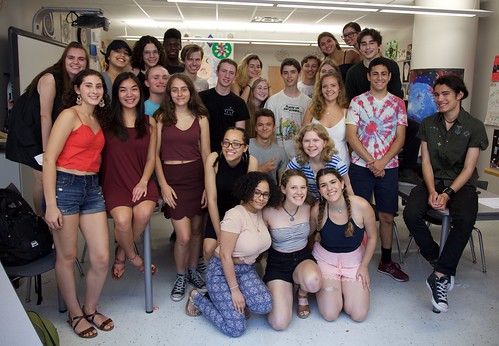
2016-17, Poetry Seminar
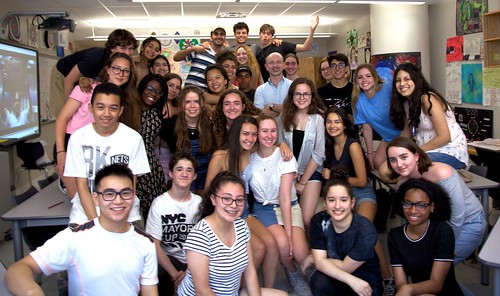
2016-17, English 10H

2015-16, Poetry Seminar

2015-16, Existentialism

2015-16, English 10A

2015-16, Poetry Seminar

2015-16, Existentialism

2015-16, English 10C

2010-11, Existential Literature

2010-11, Existential Literature

2014-15, Existential Literature

2014-15, Existential Literature

2014-15, English 10H

2014-15, English 10E

2014-15, Poetry Seminar

2013-14, Existential Literature

2013-14, English 10H
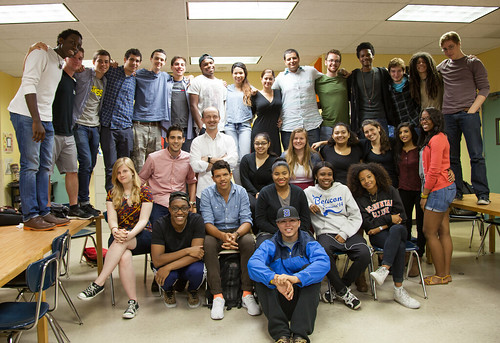
2013-14, Existential Literature

2013-14, Beacon 10th

2012-13, Beacon 10th

2011-12, Beacon 12th

2011-12, Beacon 12th

2011-12, Beacon 10th

2011-12, Beacon 10th
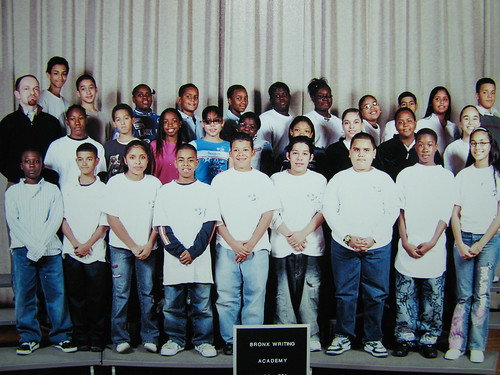
2004-05, Bronx Writing Academy

2005-06, Bronx Writing Academy

2002-03, Jordan L. Mott

2008-09, Beacon 10th

2008-09, Beacon 9th

2008-09, Beacon 9th

2010-11, Beacon 10th

2010-11, Beacon 10th

2010-11, Beacon 12th
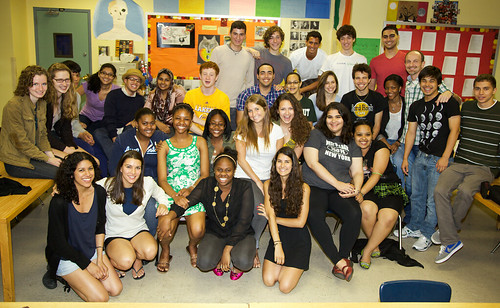
2010-11, Beacon 12th

2007-08, Beacon 9th

2007-08, Beacon 10th
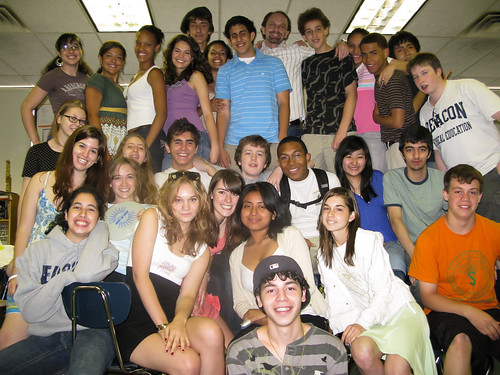
2007-08, Beacon 10th

2006-07, Beacon 10th

2006-07, Beacon 9th
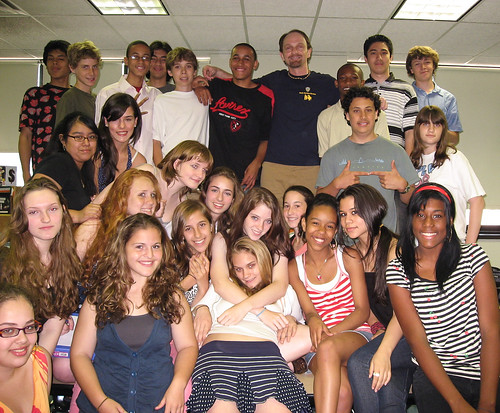
2006-07, Beacon 9th

2010-11, Beacon 12th

2009-10, Beacon 10th

2009-10, Beacon 10th

2009-10, Beacon 12th

2003-04, Jordan L. Mott
1984 Announcement Art as Social Commentary Beat Poetry Class Forum Confessional Poem Detailed Outline Exemplar Existentialism is a Humanism Goodreads Imagism Insight Paper In the Time of Butterflies Letters to a Young Poet Man's Search for Meaning Mandala Nausea No Exit PBA: English 10 PBA: Existentialism PBA: Poetry Seminar Pics Poetry Precis Romanticism Satire/Parody Project Schopenhauer Siddhartha Slaughterhouse Five Steppenwolf Student Art Student Poetry Term Final The Alchemist The Bell Jar The Death of Ivan Ilyich The Encounter with Nothingness Thesis The Stranger The Trial Villanelle Vocabulary Waiting for Godot Where are You Going Writing Workshop
| M | T | W | T | F | S | S |
|---|---|---|---|---|---|---|
| 1 | 2 | 3 | 4 | 5 | 6 | |
| 7 | 8 | 9 | 10 | 11 | 12 | 13 |
| 14 | 15 | 16 | 17 | 18 | 19 | 20 |
| 21 | 22 | 23 | 24 | 25 | 26 | 27 |
| 28 | 29 | 30 | ||||
Copyright © 2025 Blackboard Dreams and Sean Leon · All Rights Reserved · Log in